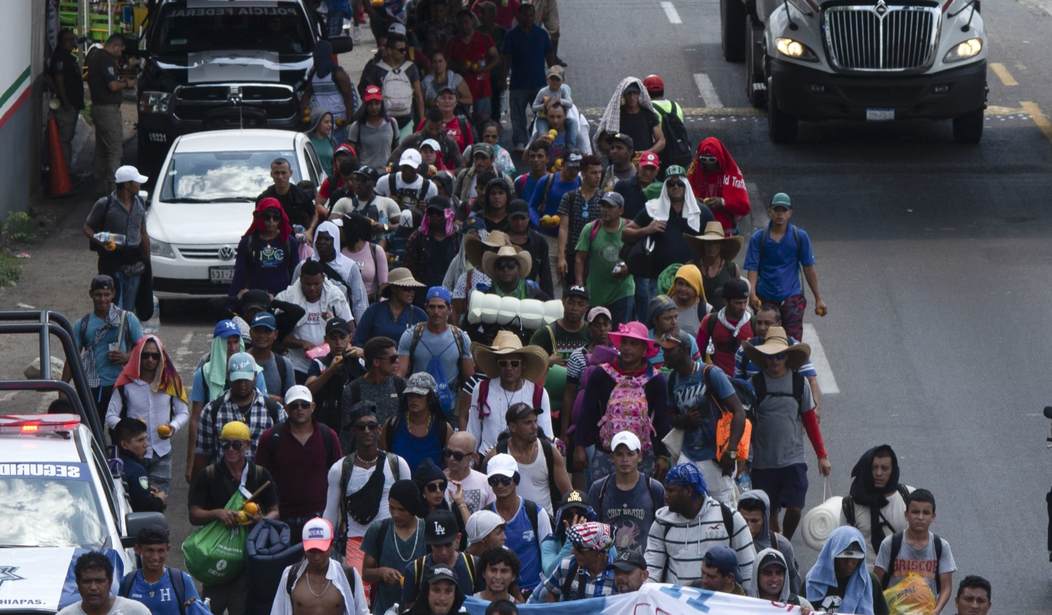A federal judge has issued a preliminary injunction preventing states and local governments from taking advantage of an executive order that allows them to refuse to resettle refugees. Donald Trump issued the executive order in September and last month, Governor Greg Abbott of Texas announced his state would not accept any more refugees under the federal government’s resettlement program.
But several faith-based resettlement agencies — HIAS Inc., Church World Service Inc., and Lutheran Immigration and Refugee Service — sued on the grounds that the order was unlawful and unconstitutional.
The administration, however, said that the order is lawful and argued that since the president has authority over how many refugees are going to be resettled, he also has the power to decree whether states have the authority to determine whether they want them.
Judge Messitte ruled against the administration, saying the case was likely to succeed on its merits. In doing so, he ruled that beyond analysis of the statutory text, “a potentially insuperable Constitutional barrier looms” because the power to admit or exclude non-citizens is exclusively federal in nature — meaning that the decision can’t be left up to the states.
The judge may have a point, but states aren’t deciding whether to admit refugees, just where they should settle.
“Making the resettlement of refugees wholly contingent upon the consents of State or Local Governments, as the veto component of the proposed Order would have it, thus raises four-square the very serious matter of federal pre-emption under the Constitution,” he wrote. “It is hard to see how the Order, if implemented, would not subvert the delicate federal-state structuring contemplated by the Refugee Act.”
The ruling also says the administration appears to have failed to consider a number of “critical factors,” including how to handle secondary migration — where a resettled refugee moves to a non-consenting jurisdiction.
That, too, is a good point. It was an argument used by gay marriage advocates who worried that moving to a state where gay marriage might be illegal would cause unforeseen problems, including various legal difficulties. In the end. the Supreme Court made the argument moot by legalizing the practice nationwide.
The “not on my backyard” rule might work at the state level, but giving local governments that kind of power is problematic. The impulse behind the executive order was correct, but perhaps too expansive. States are better situated to decide if they have the resources to care for refugees or not.
Other courts will certainly weigh in on the question and the order may yet survive in some watered-down version. But it looks like another Trump policy has moved from the political arena to the courts — far too often the case in this administration.










Join the conversation as a VIP Member